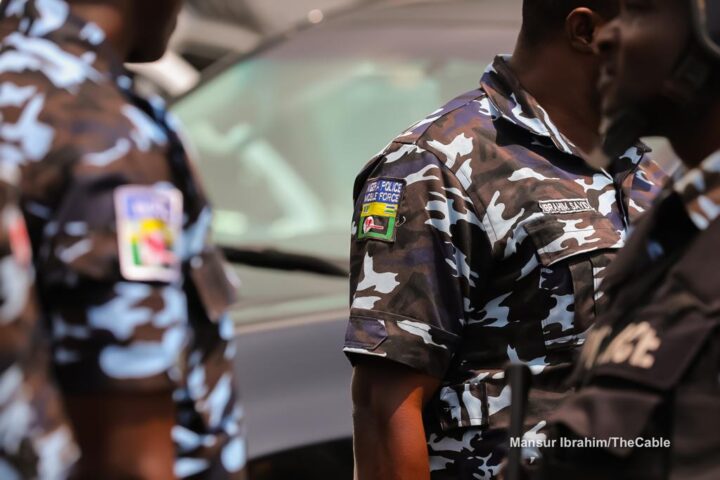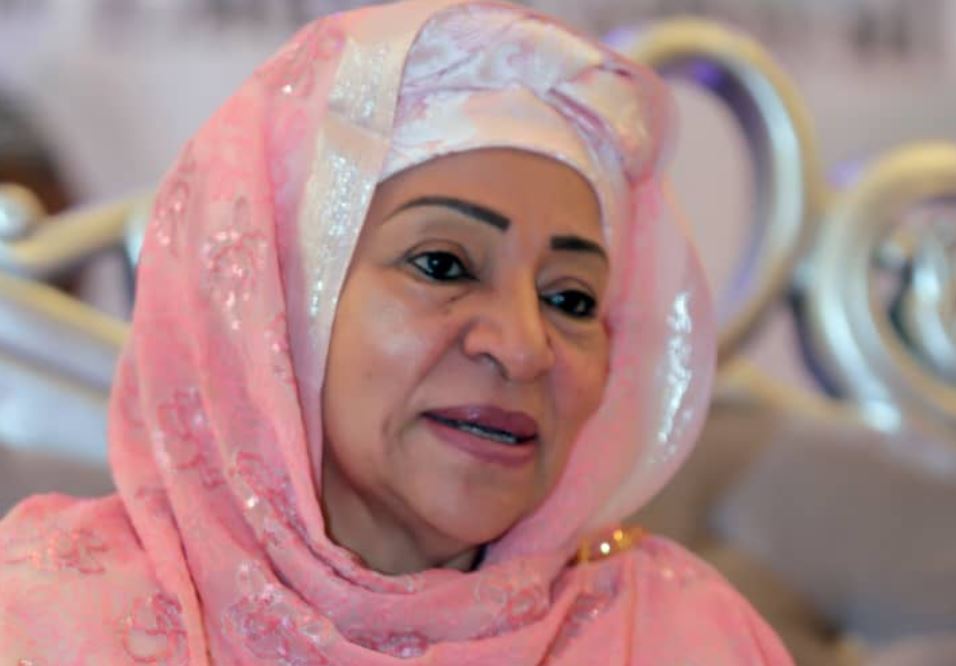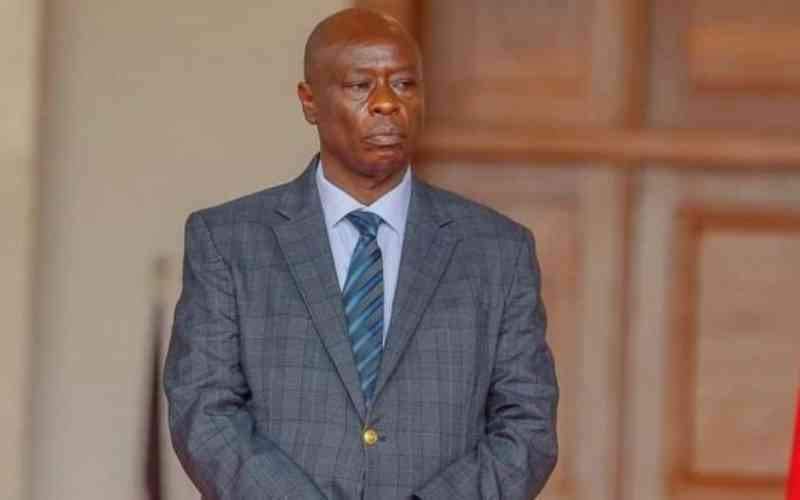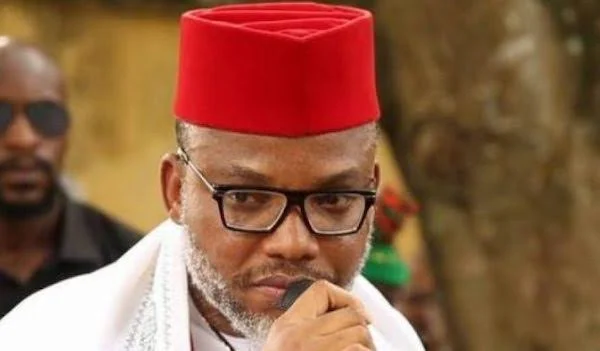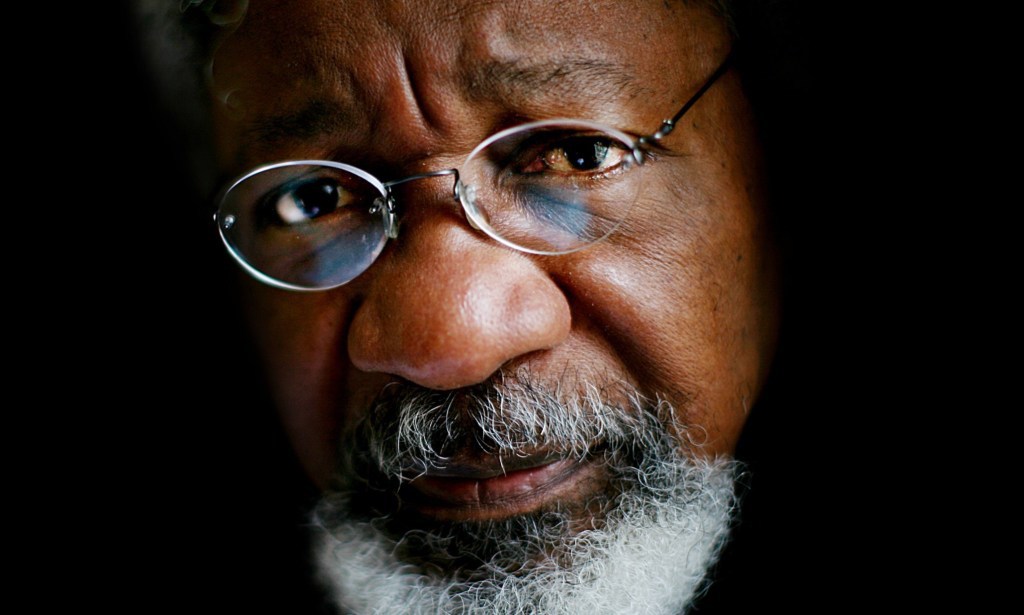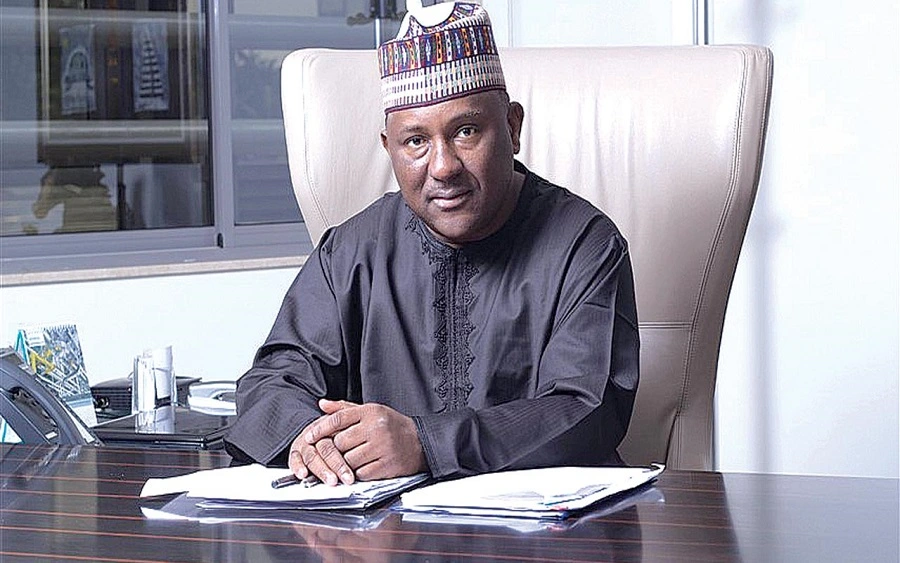US Travel Ban stifles African Nations' World Cup and Olympic ambitions - MyJoyOnline
The sweeping new travel ban by the Trump administration continues to reshape engagement with the international community, especially impacting African nations.
Donald Trump’s travel ban bars citizens of 12 countries, mainly in Africa and the Middle East, from entering the United States. It went into effect at 12 a.m. ET (4 a.m. GMT) on Monday, more than eight years after Trump’s first travel ban sparked chaos, confusion, and months of legal battles.
This new travel ban comes as the US gears up to host the world’s two biggest sporting events in the next three years: the 2026 FIFA World Cup and the 2028 Olympic Games.
The new proclamation grants specific exemptions for athletes competing in the World Cup and Olympics. However, sports fans from several of the affected nations are generally banned from entering the US. This policy creates a separation between sporting dreams and geopolitical realities.
The executive order, which Trump signed last week, fully restricts nationals of Afghanistan, Myanmar, Chad, Congo-Brazzaville, Equatorial Guinea, Eritrea, Haiti, Iran, Libya, Somalia, Sudan, and Yemen from entering the US. Nationals from a further seven countries—Burundi, Cuba, Laos, Sierra Leone, Togo, Turkmenistan, and Venezuela—are facing partial travel restrictions.
The US president said in a video posted Wednesday that new countries could be added to the travel ban as “threats emerge around the world.”
Unlike Trump’s first travel ban in 2017, which initially targeted citizens of seven Muslim-majority countries and was criticised as an unconstitutional “Muslim ban,” the latest ban is broader, and legal experts say they expect it to withstand legal challenges.
In 2022, at least 298,600 non-citizens from restricted countries under the new travel ban entered the United States. Most of them— from Haiti, Afghanistan, and Iran—are among the fully restricted nations, with Cuba and Venezuela among the partially restricted.
The Trump administration has defended the new travel ban, citing national security concerns. It claims "deficient" screening protocols, lack of cooperation in sharing identity and threat information, and high rates of visa overstay from people from these countries.
The administration claims these restrictions are needed as vital safeguards to stop potential threats from coming into the US, due to established vulnerabilities in border enforcement and information sharing for these particular countries.
For example, the White House recently designated Somalia a "terrorist safe haven" and accused the East African country of refusing to accept its nationals when they are deported from the US. Additionally, Chad, Equatorial Guinea, and Congo-Brazzaville have all made the list of countries with the highest percentage of visa overstays.
Visa overstays, the executive order explains, “indicate a blatant disregard for United States immigration laws.” Yet the latest data on overstays from Customs and Border Protection does show these countries high on the list, along with others not included.
Chad notched a B1/B2 visa overstay rate of 49.54% and an F, M, and J visa overstay rate of 55.64% in Fiscal Year 2023. Critics have noted that the total number of overstays from these countries is far surpassed by countries not on the list, such as Nigeria and Ghana, which both had higher total admissions to the US.
The immediate reaction from countries hardest hit has been strong condemnation, often citing perceived inequality. Chad, for instance, has retaliated by suspending all visas to Americans, vowing to maintain its "dignity and national pride."
Somalia's ambassador to the US, Dahir Hassan Abdi, has maintained his country’s willingness to negotiate terms with the State Department to alleviate US concerns. Abdi noted their "long-standing relationship" with the US. Yemeni officials have called for a reversal, citing the "difficult humanitarian conditions" in which their citizens have suffered.
The African Union (AU) has expressed "deep concern" over the ban's "potential negative effect" on people-to-people relations, educational exchange, commercial transactions, and the general diplomatic relations that have been carefully nurtured over decades. The AU is demanding a "more consultative approach" and "constructive dialogue" with the affected countries, arguing that the policy disproportionately singles out Africa and lacks logic.
This ban has been consistently condemned by the United Nations and humanitarian organizations such as Amnesty International as “discriminatory, racist, and downright cruel” because it discriminates against people based on their race, religion, or nationality and undermines the right to seek asylum.
The president’s proclamation seemingly does not have a major immediate impact on the World Cup, 2028 Summer Olympics, or other major international sporting events scheduled during Trump’s second term in office.
The new travel ban makes an exception for athletes, coaches, and support staff. Immediate family members will still be able to enter the country. But fans from those nations now face an even more uphill battle to attend games in person. This, despite the fact that senior officials in the Trump administration are urging the world to come to the US for exactly these kinds of international gatherings. This exemption ensures that teams like Iran, who have already qualified for the 2026 World Cup, will not be banned from entering the US. Similarly, African countries like Sierra Leone, Sudan, and Libya, which all have chances of qualifying for the World Cup, would be able to get their athletes entry to the US if they qualify for the tournament.
With the 2026 FIFA World Cup—rapidly approaching and to be co-hosted by the US, Canada, and Mexico—and the 2028 Los Angeles Olympics now on the horizon, this exemption is a big deal.
Organisers for LA28 tried to minimise concerns, insisting that they have “great confidence” that this won’t disrupt the Games. LA28 chairman Casey Wasserman has said that the federal government "understands that that's an environment that they will be accommodating and provide for."
Both FIFA and the International Olympic Committee (IOC) have made similarly uncompromising declarations on political interference in sport, emphasising the independence of sporting federations and the political neutrality of sport. Both organisations have reiterated their commitment to sport as a unifying force cutting across political lines.
However, applying these precepts together with the sovereign laws of host nations often presents delicate diplomatic issues for these organisations. This exemption is consistent with their principles in order to allow international competitions to proceed without political interference with athletes.
While athletes can potentially find an exemption, their dedicated fans from the restricted countries are confronted with bitter realities. The travel ban provides no clear exceptions for supporters. This could create a depressing situation of teams competing in America without their home fans there to rally behind them.
For the average person, attending a World Cup or Olympics is a once-in-a-lifetime experience, usually paired with a hefty financial investment. The ban snatches this dream out of reach and opens an insurmountable divide between the athletes making plays on the field and the communities that support them.
One can only imagine the emotional toll on a Somali family, for example, who may have saved for years to watch their national team, only to be turned away. The economic impact on fan tourism for countries like Somalia, even if small, is still a lost opportunity. Broader economic impacts are projected, with households from targeted countries collectively earning $3.2 billion in income in 2022.
There are more questions than answers about the new travel ban and its effect on major international sporting events held in the US. While the World Cup and Olympics are specifically spelled out in the proclamation, other tournaments—like soccer’s Gold Cup or track and field meets—are not.
Joy News has reached out to the US State Department for clarification on the criteria the Secretary of State uses to determine what constitutes a major sporting event and how far in advance such decisions are to be made.
This ambiguity creates confusion for athletes and event organisers outside the spotlight of the premier World Cup and Olympic events. Besides the financial considerations, the lack of these passionate supporters would be overwhelmingly felt too—clearly washing out the colourful cultural fabric and vibrant environment that international sporting events are famous for. The absence of the die-hard fan base would further tarnish the universality of the grand event itself.
For African countries on the full or partial restriction list, the ban reinforces a wider challenge to their international engagement. It goes beyond sport, impacting reunification of families, educational exchanges, and trade relationships. It creates a sense of being "othered" and unfairly stereotyped, fostering resentment and likely holding back diplomatic progress.
To the other African countries not listed, including Ghana, the direct short-term impact on their teams’ travelling to the US for the World Cup or Olympics is minimal. The Ghana Black Stars, assuming they qualify for the 2026 World Cup—as they currently lead Group I of the CAF qualifiers with 15 points—would have no travel restrictions for their players and staff.
Ghana also boasts a large diaspora in the US, with some 256,750 Ghanaian immigrants and their children residing in the country as of 2015. These people, most of whom are staunch Black Stars supporters, would all typically be exempt from the ban, provided they are US citizens or legal residents. But the bigger picture is alarming. The new travel ban is fuelling a discussion of perceived discrimination against specific African nations, which can quietly affect diplomatic relations and sentiments toward the continent as a whole.
Trump’s travel ban is viewed by many as discriminatory. It also threatens to undercut wider US diplomatic outreach and soft power influence on a continent where geopolitical competition is on the increase.
It also prompts questions about whether international sporting events are genuinely inclusive—especially when more than a billion people around the world must jump through these kinds of hoops. The unity among African nations means that an insult to one is felt by many and could result in a lower overall African presence and atmosphere at these international spectacles.
Ultimately, President Trump’s travel ban—while making an exception for elite athletes—paints a complicated and often conflicting picture for African nations. It highlights the tension between national security concerns and the principles of global inclusivity and fair play that prevail in international sports.
While the roar of the crowd still echoes through the World Cup and Olympics, for many, the silence of empty seats and invisible fans will more likely signal the geopolitical walls still standing today. The definition of what qualifies as “major sporting events” by the US State Department will be a critical next step in discerning the full scope of this international travel policy.
The Views, Comments, Opinions, Contributions and Statements made by Readers and Contributors on this platform do not necessarily represent the views or policy of Multimedia Group Limited.
Tags:
The Views, Comments, Opinions, Contributions and Statements made by Readers and Contributors on this platform do not necessarily represent the views or policy of Multimedia Group Limited.
